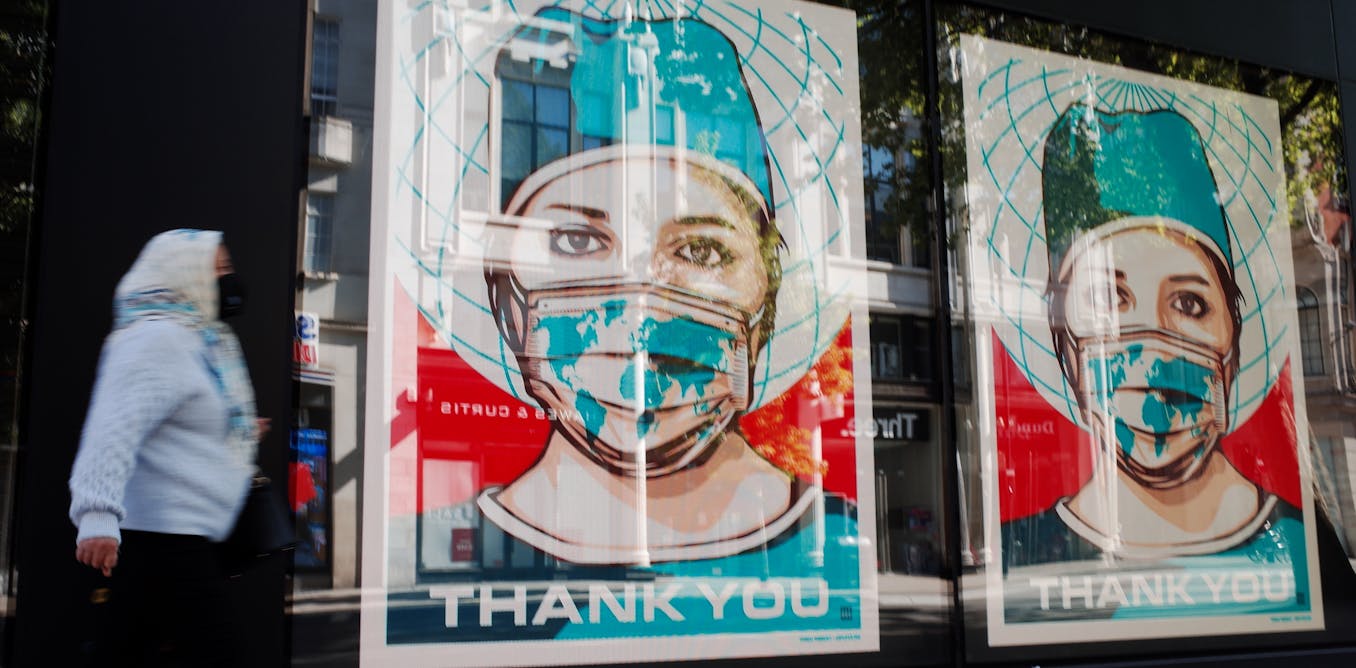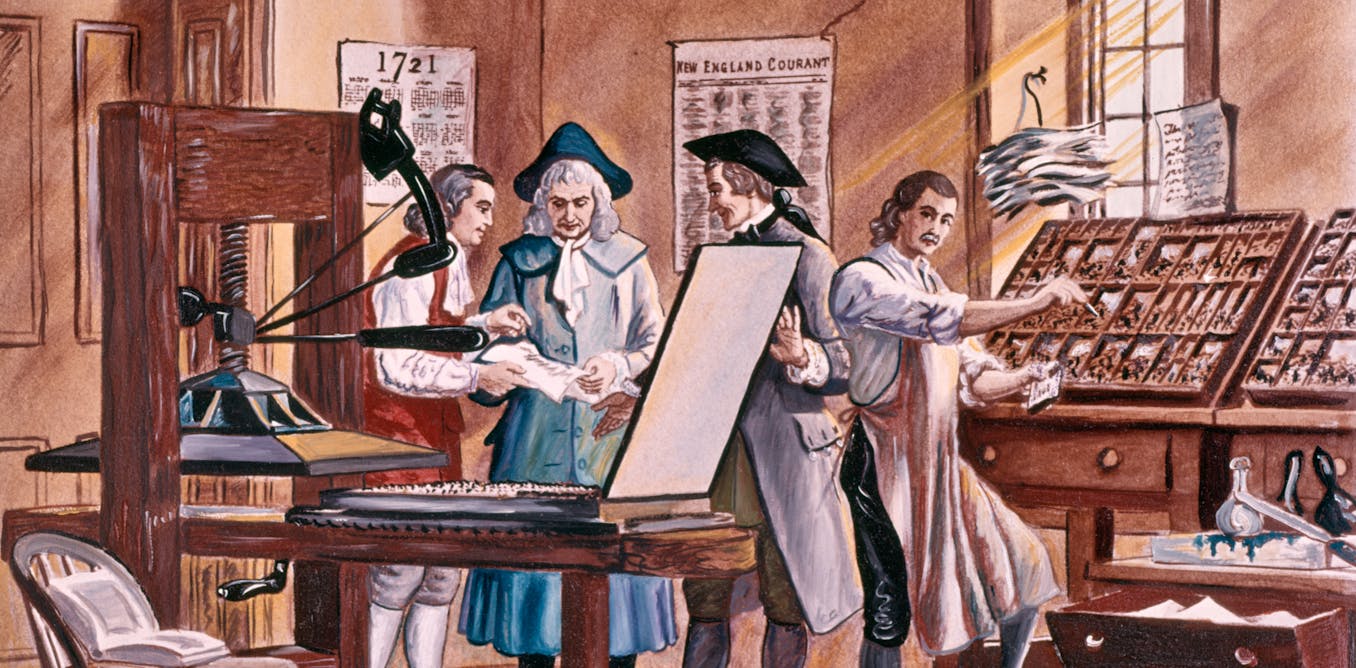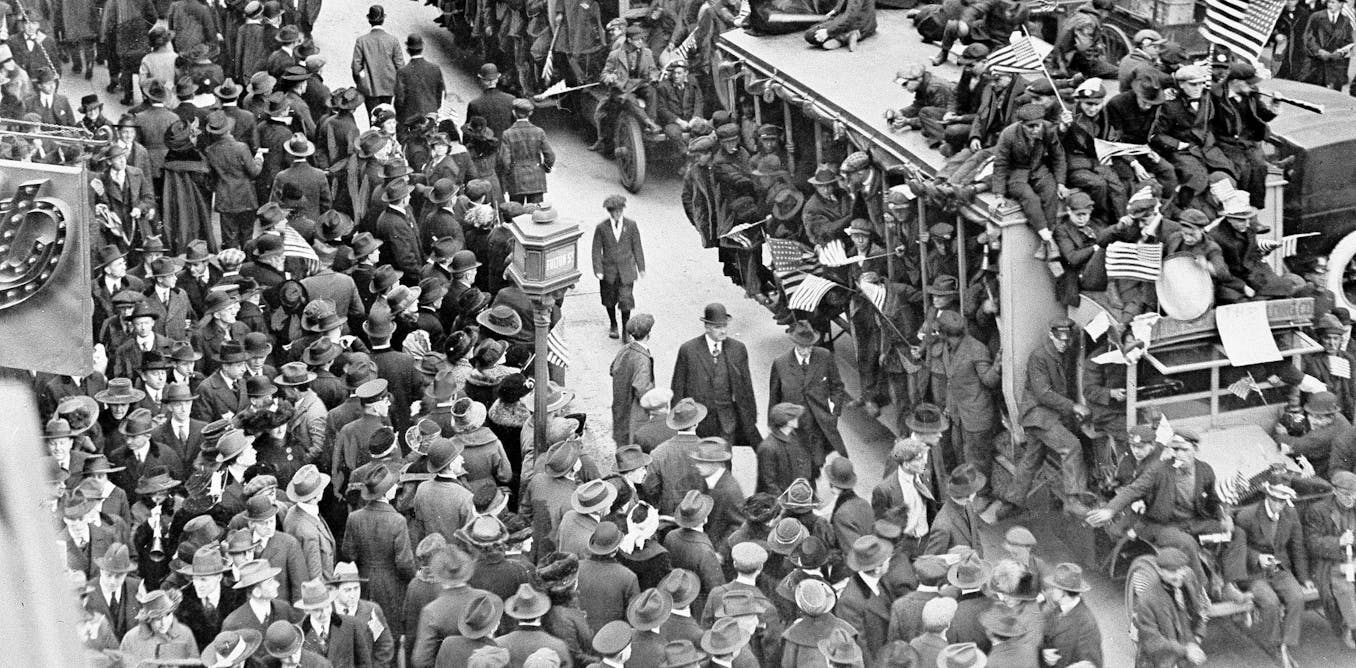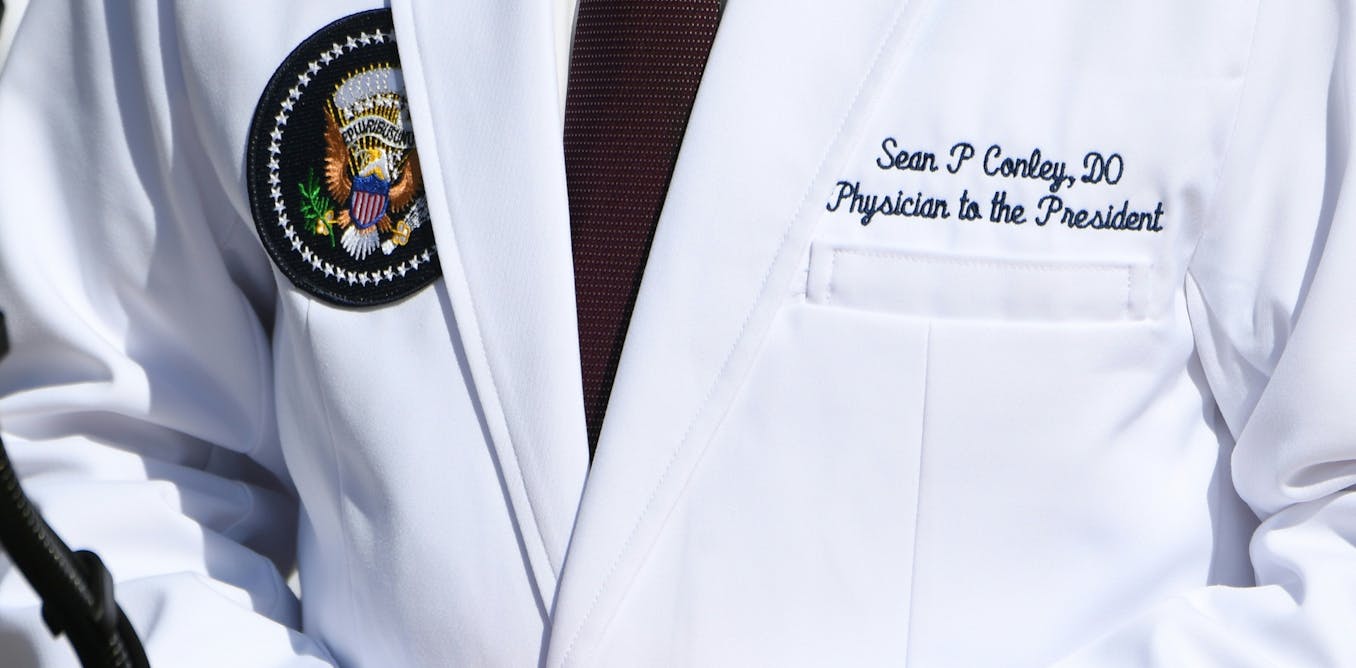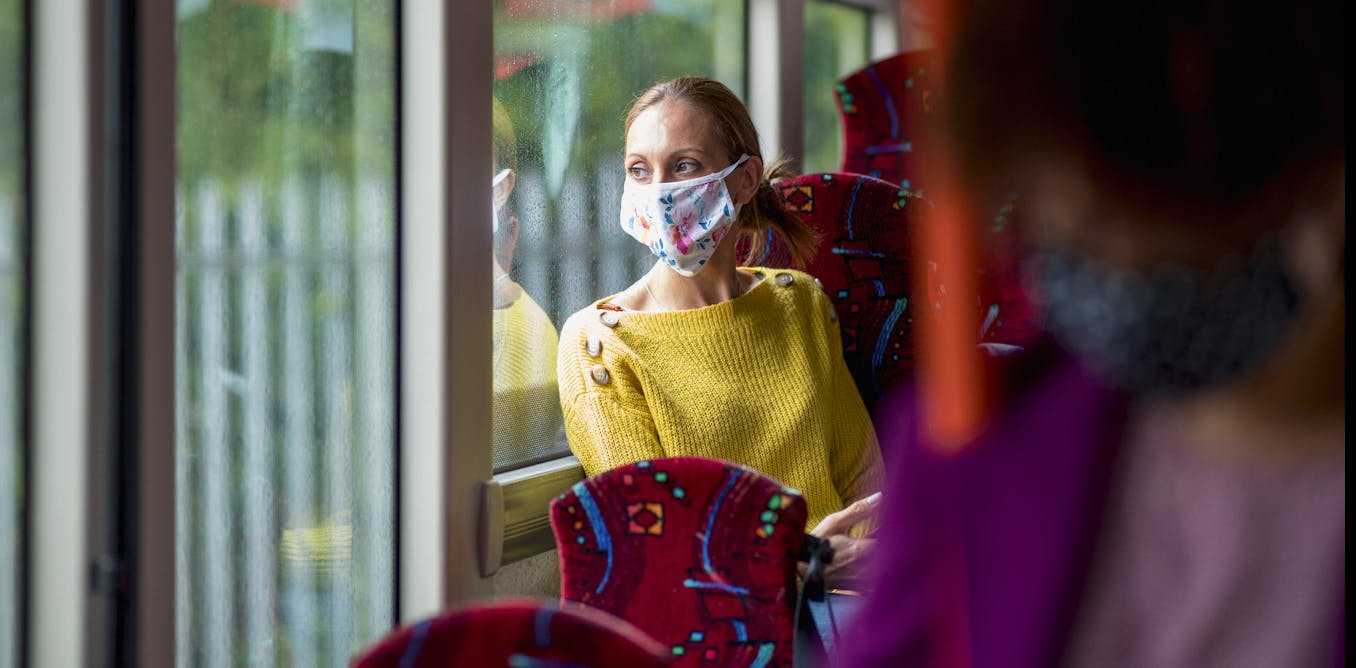When will the COVID-19 pandemic end? 4 essential reads on past pandemics and what the future could bring
None of our authors can see the future, but many do have expertise that offers insights about what’s reasonable to expect.
Jan. 26, 2022 • ~7 min

